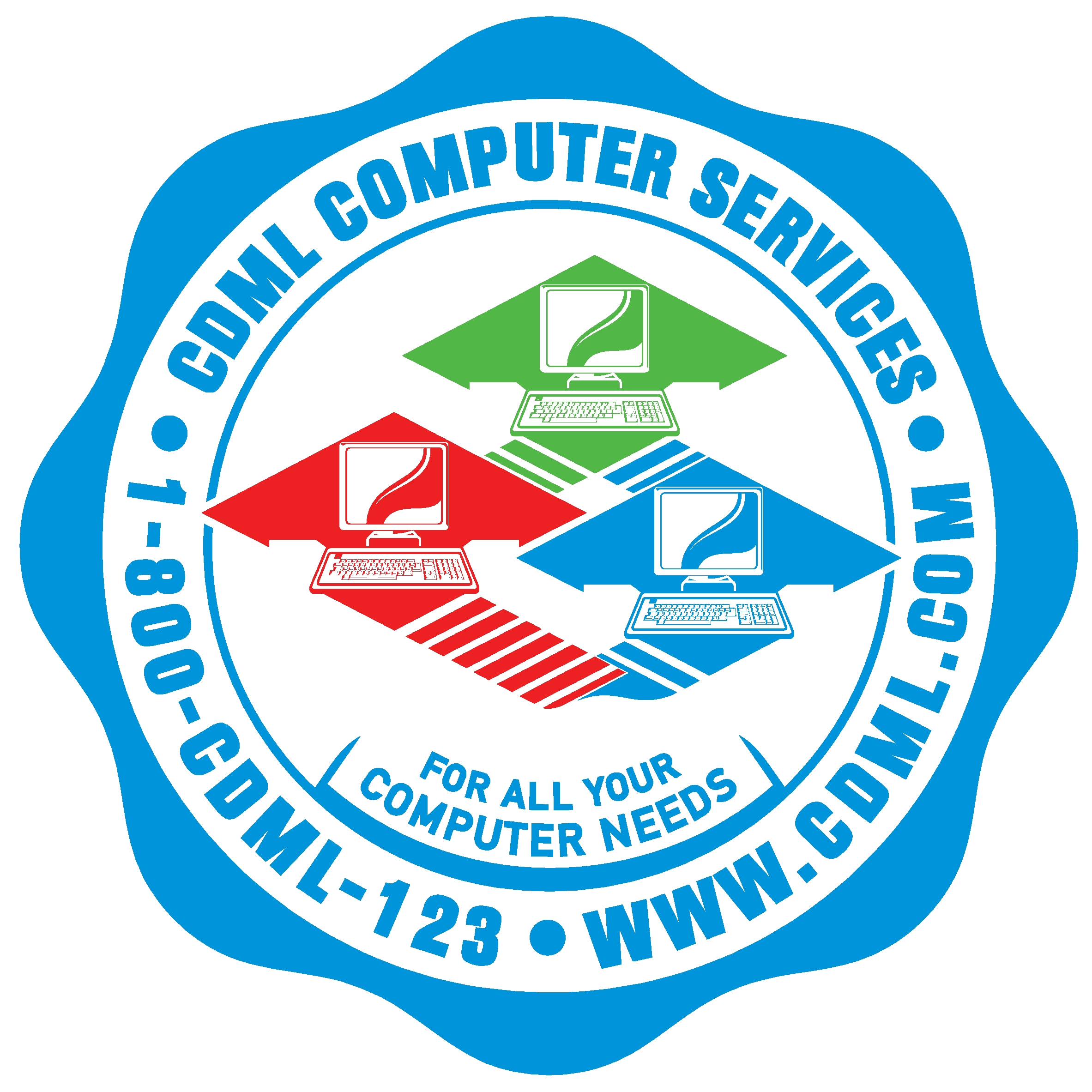Protect your digital life in the face of evolving threats! (MoAB follow-up)

In the few days since the MoAB (“Mother of All Breaches”) was discovered we have already been made aware of several people whose accounts were compromised. In light of this situation, I want to offer suggestions of some precautionary measures that you can immediately take to prevent your identity or resources from being stolen.
- As I mentioned before, please make sure that you turn on MFA (multi-factor authentication) for all your email accounts. This will prevent access even if someone steals your password.
- Turn on MFA for all financial sites including your bank accounts, credit card accounts, investment accounts, mortgage accounts, loan accounts.
- Turn on MFA for popular shopping sites like amazon.com, macys.com, bestbuy.com, apple.com, etc.
- Some smaller shopping sites do not offer MFA, so you might want to consider removing your account from those sites.
- Use a 3rd-party password manager to store your passwords, thus you will be able to create separate passwords for each of your accounts. I realize that it’s impossible to remember thousands of passwords, but a password manager makes it seamless. The product that I use (and CDML sells) is called LastPass (https://www.lastpass.com/pricing?pill=business).
Storing your passwords in your Google or Microsoft account is not nearly as secure as using a dedicated zero-knowledge password manager. Not only are products like LastPass designed as a secure information vault, but they also help by generating secure passwords for you and monitoring your exposure on the dark web. - Make sure that all your Internet-enabled devices have an active anti-virus subscription.
- Enable biometric logins for every device you use to access email, conduct financial transactions or shop online.
- Be mindful of password-reset scams. Do not click on links from email messages that urge you to verify or reset your password. Go directly to the service website and see if your password really needs to be reset.
- Do not expose your personal information online, especially your SSN, EIN or Taxpayer ID.
- Freezing your credit is a great way to prevent identity thieves from opening new accounts in your name. It’s free to freeze and unfreeze your credit. Learn more here: https://support.nerdwallet.com/hc/en-us/articles/360059207631-How-can-I-deal-with-financial-fraud-or-identity-theft
- Enable SMS alerts from your financial institutions, so that you may be immediately notified of any changes on your account or any unauthorized transactions.
- Signup credit alerts and credit monitoring. Many financial institutions offer free credit monitoring services to their clients. Additionally, you can sign up for a free service like CreditKarma (https://www.creditkarma.com), but remember to review their service’s terms and privacy policy.
Remember, security is an ongoing process. Stay informed, stay vigilant, and don’t hesitate to reach out! Our team at CDML Computer Service is here to help you navigate the ever-changing cybersecurity landscape. Contact us to learn more about our security solutions.

